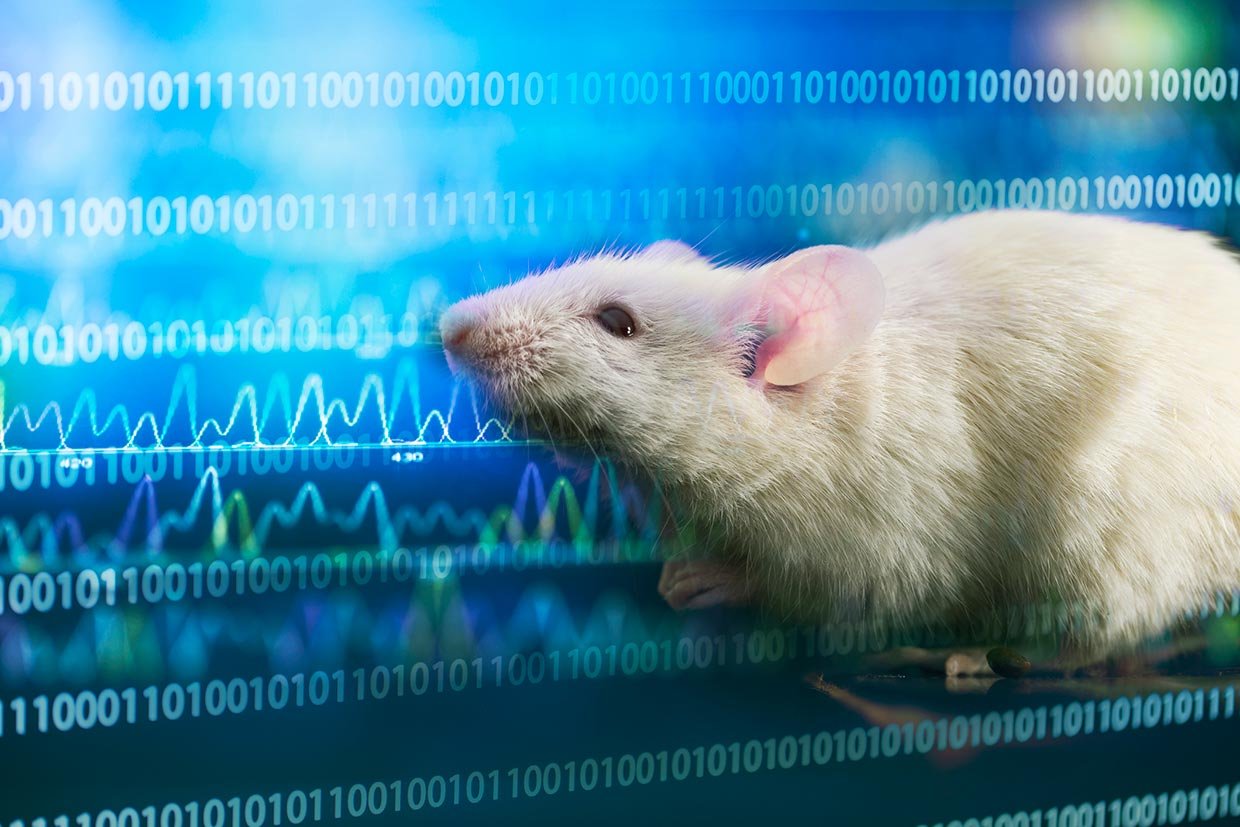Could AI put an end to animal testing?

From animal lovers to laboratory technicians, no one enjoys subjecting animals to scientific testing.
It is instead done to help ensure that drugs and other substances are safe for eventual human use.
Researchers have long sought non-animal alternatives. Artificial intelligence (AI) systems are now accelerating this work.
One application of AI in this field is simple but said to be proving effective – using it to trawl through all the existing and available global animal testing results to prevent the need for unnecessary new tests.
This is useful because it can be difficult for scientists to sift through decades of data to find and analyze exactly what they are after, says Joseph Manuppello, a senior research analyst at the Physicians Committee of Responsible Medicine, a US non-profit.
“I’m very excited about the application of AI models like ChatGPT to extract and synthesise all of this available data, and get the most out of it,” he says.
Thomas Hartung is a toxicology professor at Johns Hopkins University in the US, and also the director of the Center for Alternatives to Animal Testing. He says: “AI is as good as a human, or better, at extracting information from scientific papers.”
Regarding current animal testing, Prof Hartung says that the need to check new chemicals is one of the primary reasons. And with more than 1,000 such new compounds entering the market every year there are a lot to be tested.
Prof Hartung says trained AI systems are beginning to be able to determine a new chemical’s toxicity.
“Having tools available where we can press a button, and we get a preliminary assessment, which is giving us some flags of ‘here’s a problem’… will be enormously helpful.”
Prof Hartung adds that while software systems have long been used in toxicology, AI is providing an “enormous leap forward” in both power and accuracy.





